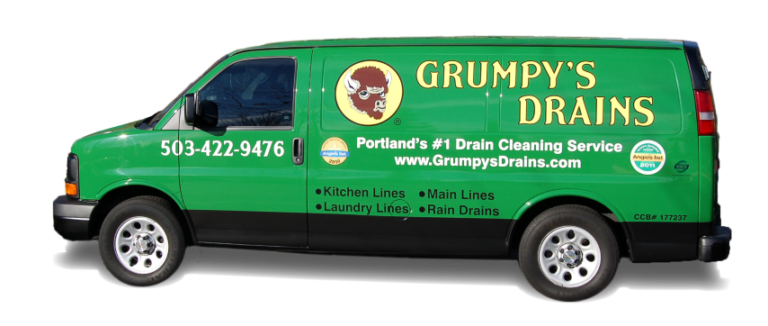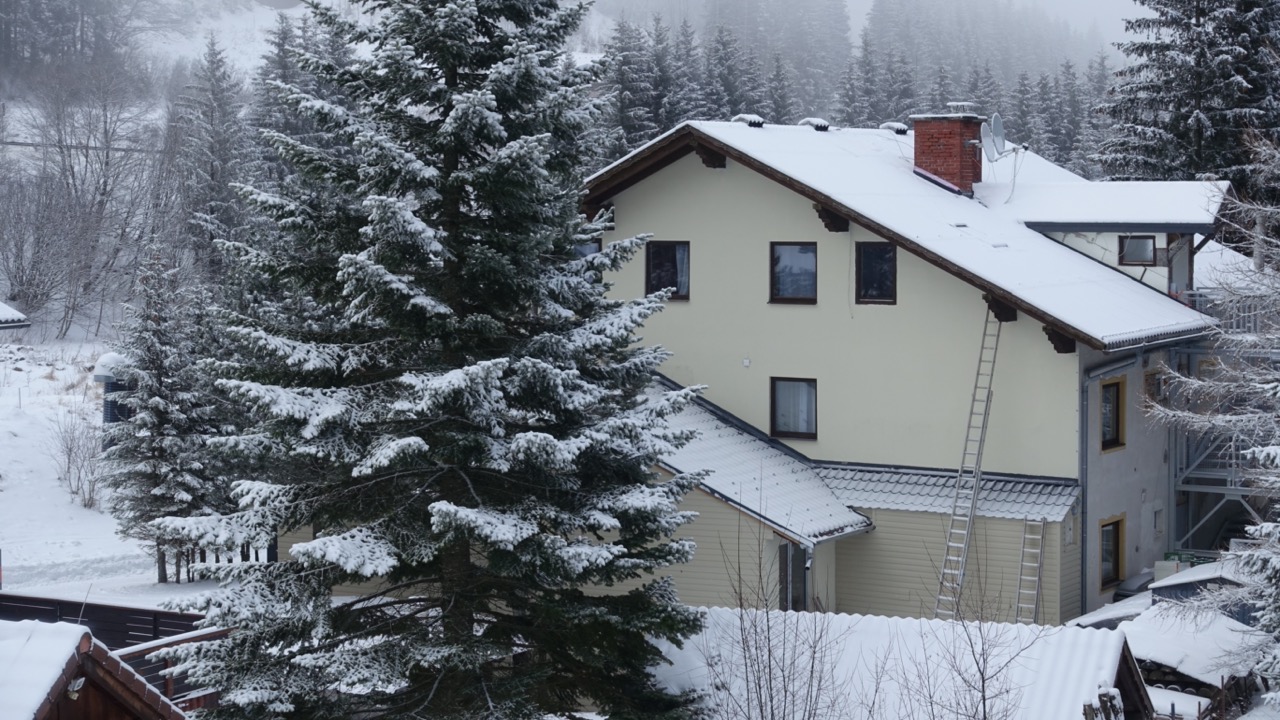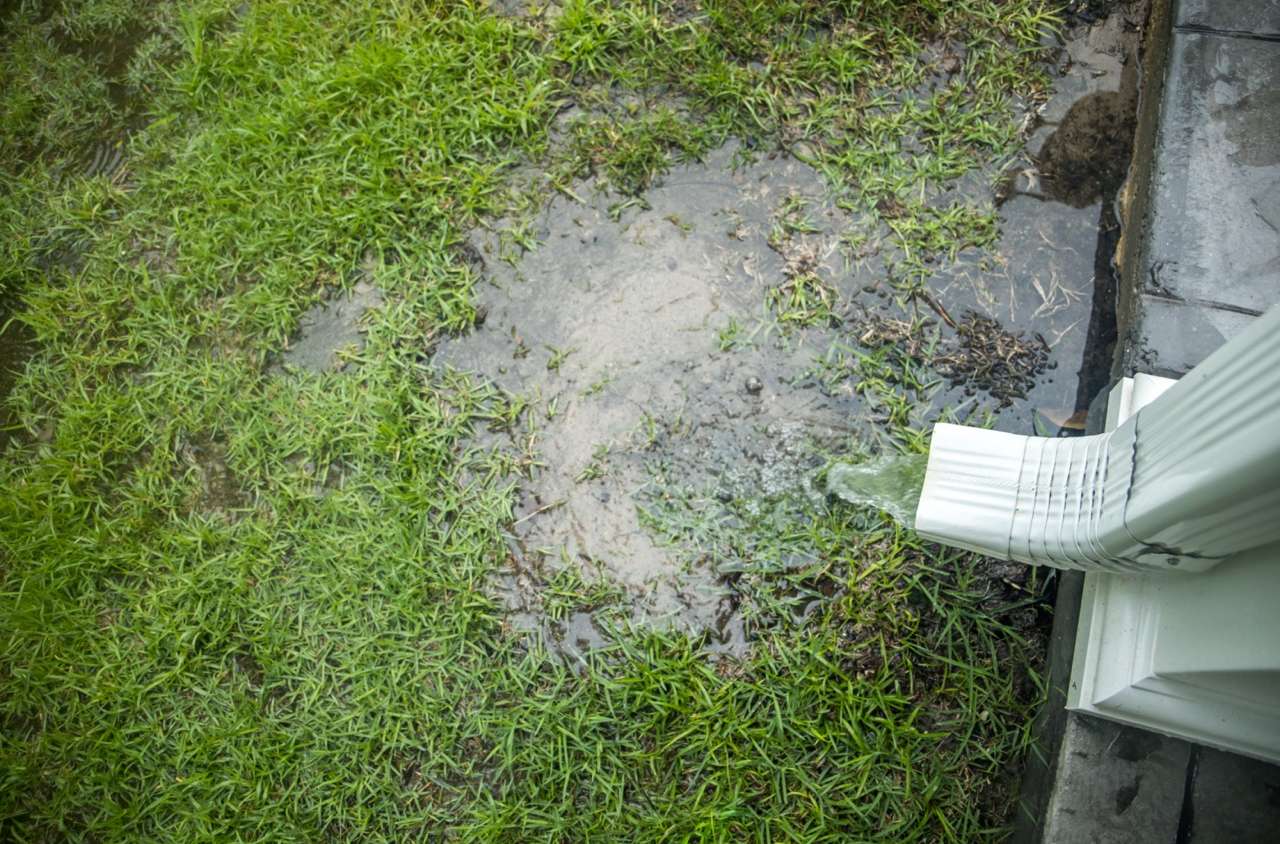Aside from the beautiful snow and cool weather, winters can be pretty nasty when it comes to your home’s drainage system. For one, it can cause damage to your pipes and hoses due to freezing. Another issue is that rainwater might not flow properly due to clogs and frozen water accumulating inside the drains.
Winterizing rain drains is then a matter of utmost importance before the season approaches. This helps ensure that the system works properly to remove rain runoff and standing water. If they freeze inside the drains during the winter and thaw in the spring, they might result in basement flooding and similar damage, too.
Here’s how to prepare your Portland winter rain drains for the cold season.
1. Remove Water From Your Outdoor Drains
As the winter season approaches, your pipes, spigots, hoses, and other drainage components will be susceptible to freezing. This can lead to pipe bursts due to frozen water, which may cost you a significant amount to repair. You can prevent this by ensuring that your drains, especially those outdoors, are free from any water or moisture.
Aside from properly draining them, it’s also important to prevent further water entry into your outdoor drains. For example, you can turn off your shut-off valves (if applicable) to prevent water from entering pipes and faucets.
2. Clean Your Clogged Outdoor Drains
Clogged outdoor rain drains, when improperly managed, can compromise the integrity of your drainage system. To ensure that it functions well, make sure to conduct regular pipe inspections—ideally, once a year. Here’s a checklist you can follow:
- Clear debris like mulch, lawn clippings, and leaves from inlet grates.
- Inspect drain basins by removing grates and clearing any interior debris.
- Consider drilling 1/4-inch weep holes in basin sumps if they hold water.
- Check outlet pipes to ensure they are clear and flowing freely.
- Use a pipe snake to remove any debris obstructing the pipelines.
Consider seeking professional drain cleaning services as well. They have specialized tools to address clogs and maintain your drainage system, such as hydrojetting equipment. They can also provide inspections of your drains using small cameras.
3. Cover and Conceal Your Drainage Points
In addition to unclogging your drains, it’s also important to prevent further blockages caused by debris and snow. Remember that snow and water can infiltrate your drains, accumulate, and freeze inside, potentially causing damage.
To address this issue, consider shielding and concealing your drains to prevent debris, leaves, and snow from entering. By taking this precautionary measure, you can keep your drain system and plumbing in top shape for the winter.
4. Check Your Gutters and Downspouts
Getting your gutter system ready for winter is also important. Make sure to clear out any remaining fallen leaves and debris from your gutters. A gutter drain clogged can easily cause problems in the long run. Moreover, clogged gutter drain repairs can be costly in some cases.
Consider reevaluating the placement of your downspouts or whether there are components properly catching the water discharged. If their discharge points are too close to your home’s foundations, it may lead to damage and flooding.
To be more specific, your basement can radiate warmth during the winter, keeping the soil against your home’s foundation from freezing. However, runoff from your downspouts can impact these areas if not properly managed. To prevent this, consider the following options:
- Ensure water outflow using an inline outlet in the event downstream piping becomes frozen.
- Direct water away using a sweep tee and/or overflow grate.
5. Check Your System Discharge Points and Pipes
There are many ways to let water out of your drainage systems. Some discharge water horizontally to exposed pipes in lower positions, while others use drainage emitters to catch water discharged vertically. To ensure that they work properly, follow these steps:
- Remove debris from the emitter cover and/or grate. Then, inspect the piping beneath.
- For those with a pop-up drainage emitter, check if it comes with a weep hole. If it’s present, make sure that the weep hole is unclogged and sits on top of several inches of gravel for proper drainage.
Preventing Winter Damage
Protecting your rain drain system from winter damage has a lot to do with effective cleaning. By removing clogs and debris from your drains, you prevent standing water from getting frozen inside the system, which can damage your pipes and other drainage components.
Cleaning your rain drain may be achievable on your own, but the clogging can easily go back if no preventive measures are taken. That’s where we excel.
If you need rain drain cleaning in Portland, Grumpy’s Drains has got your back. We can manage not only your rain drain system but also your gutters, bathroom lines, kitchen lines, and other areas.
Let’s get hydrojetting before winter in Portland today by giving us a call at (503) 422-9476.







